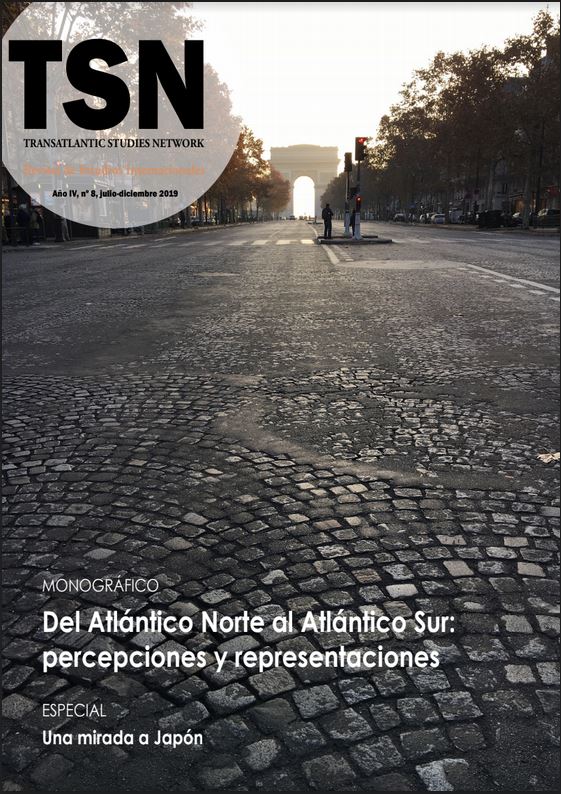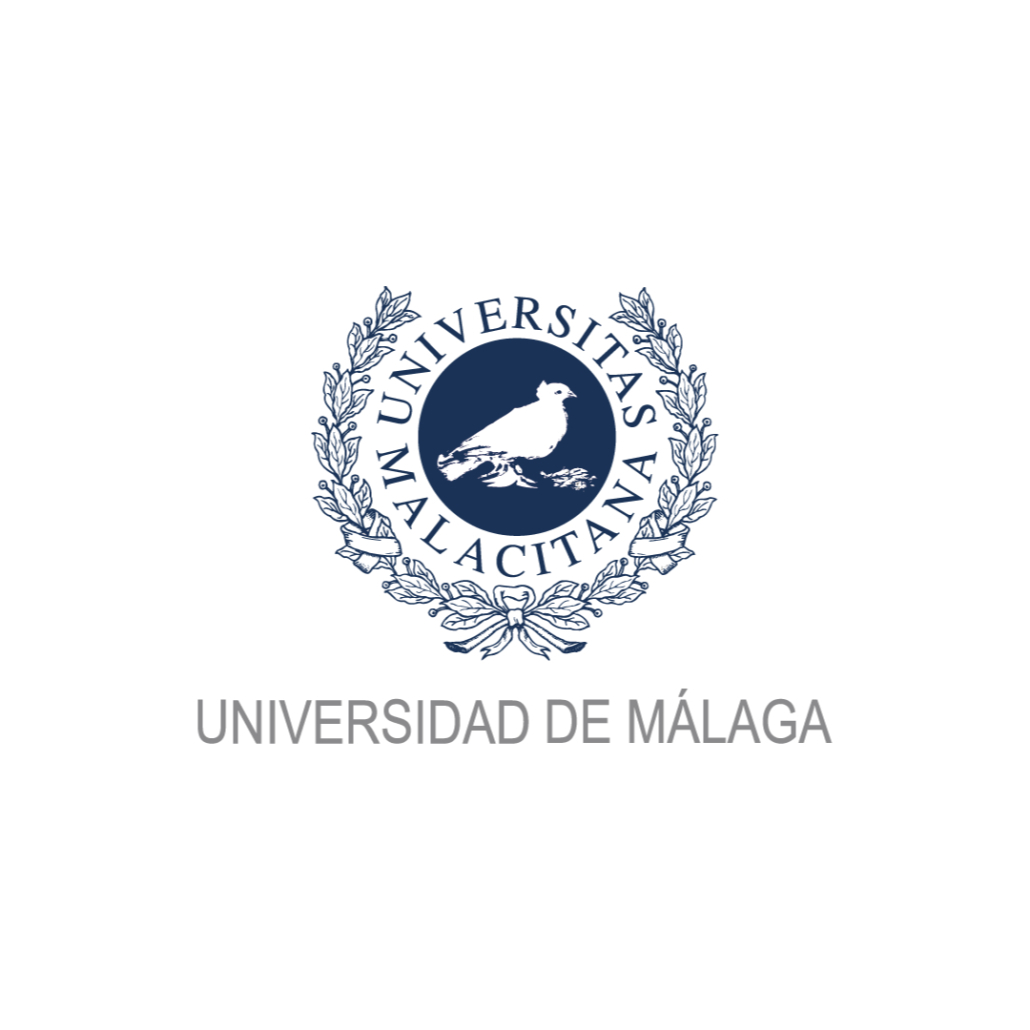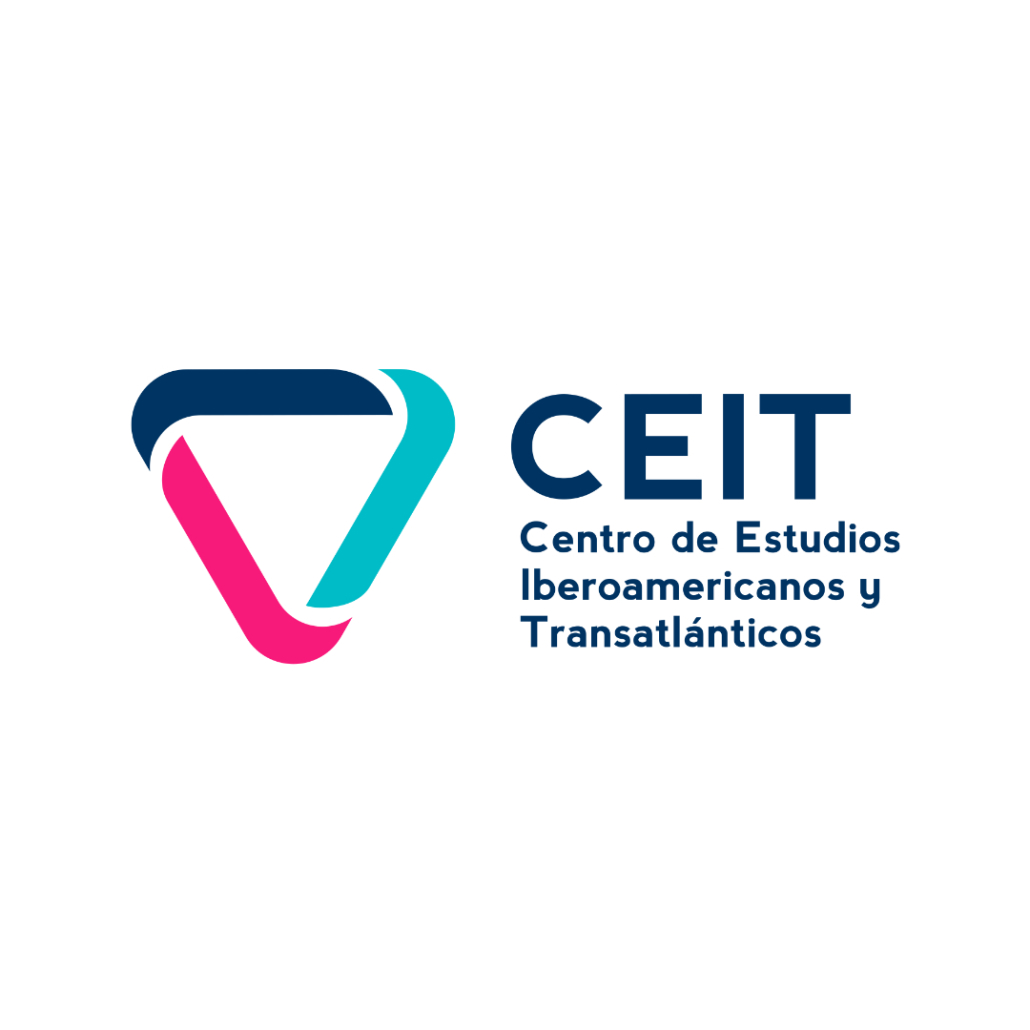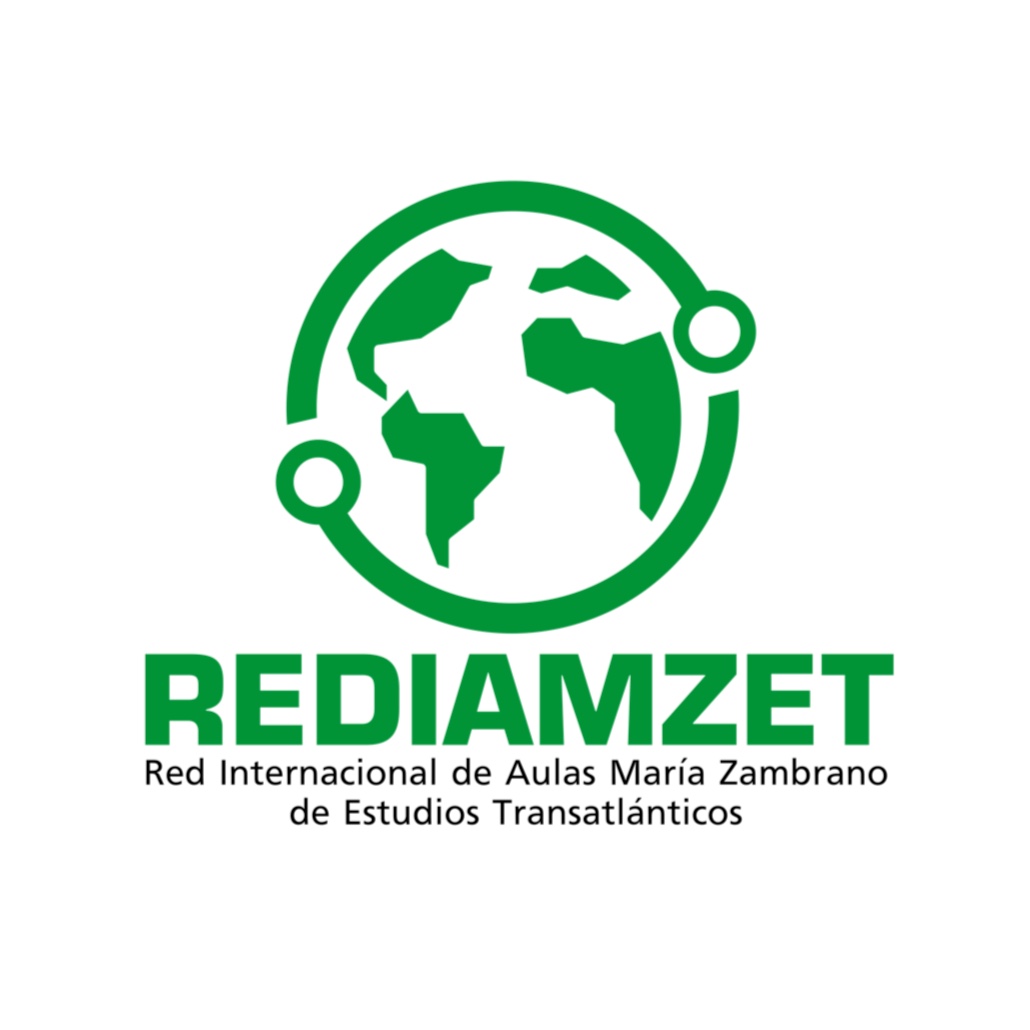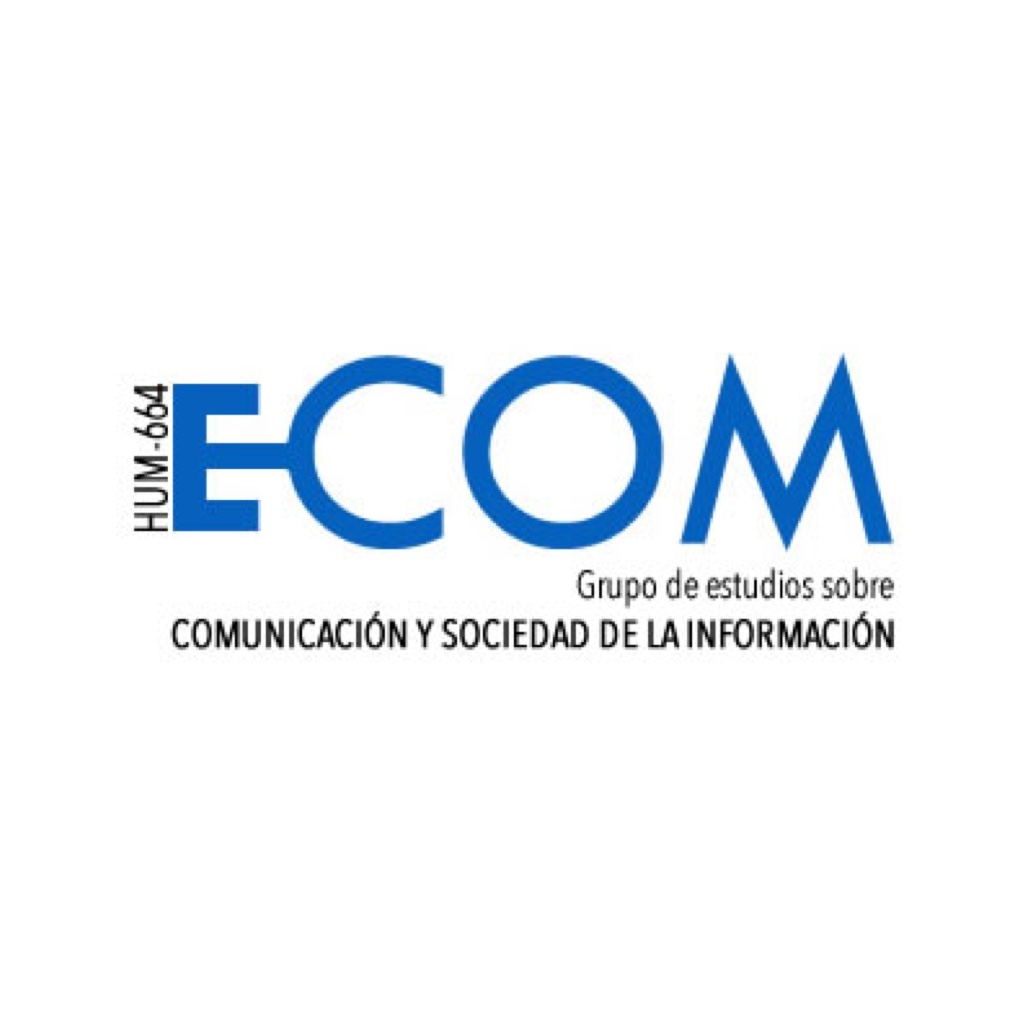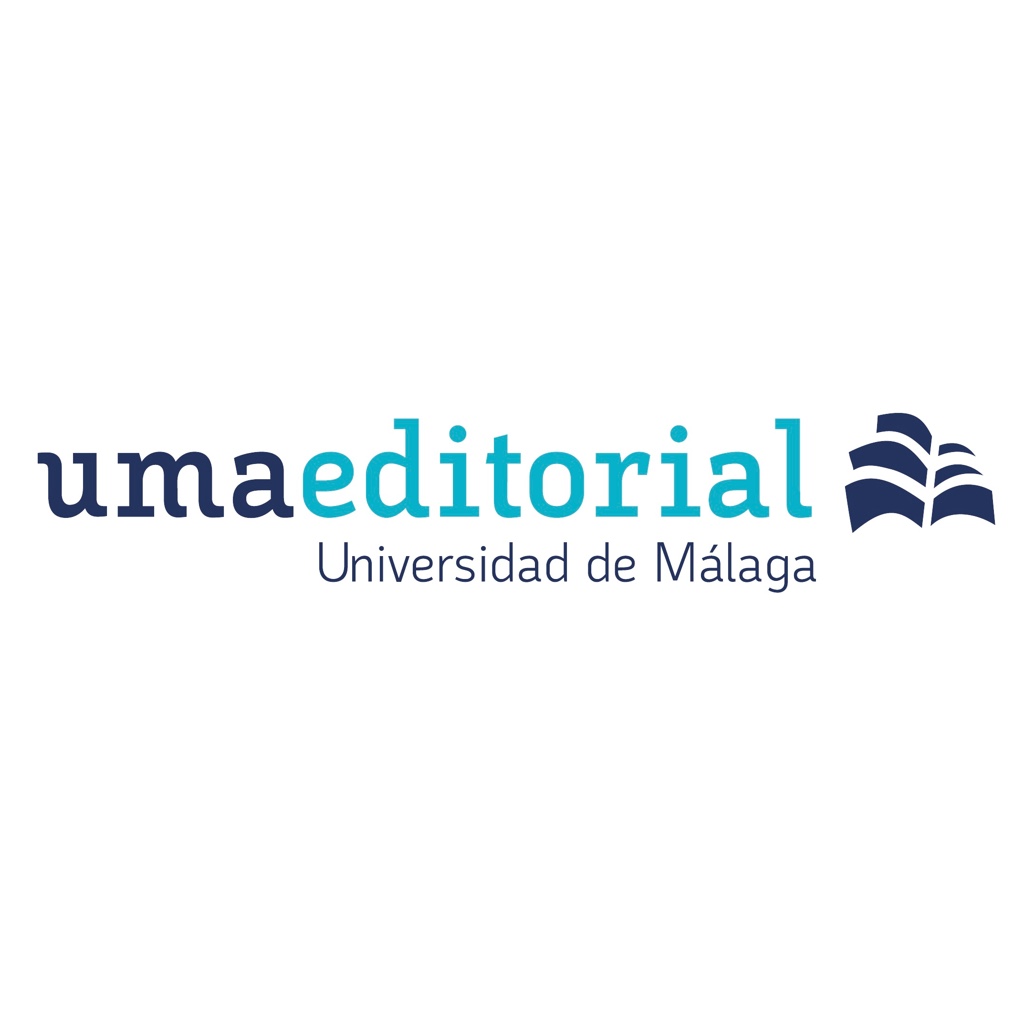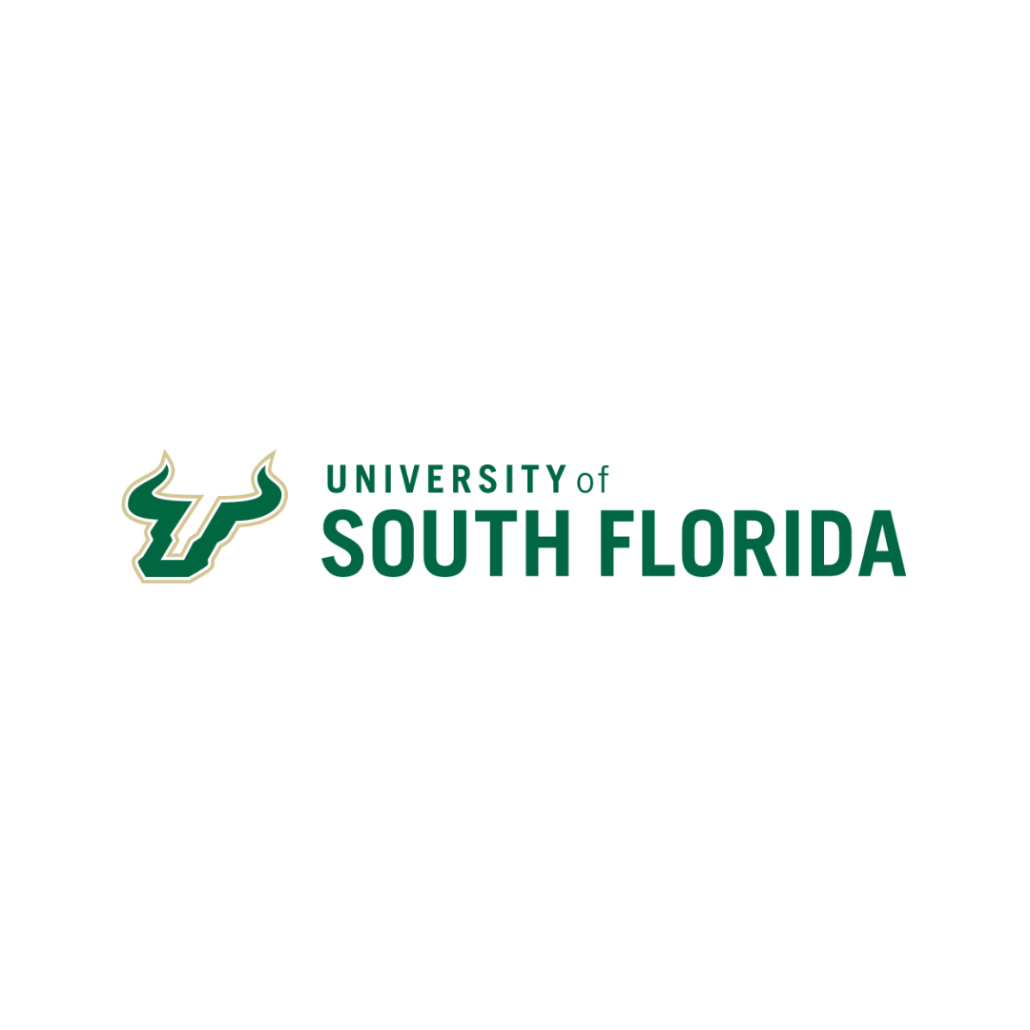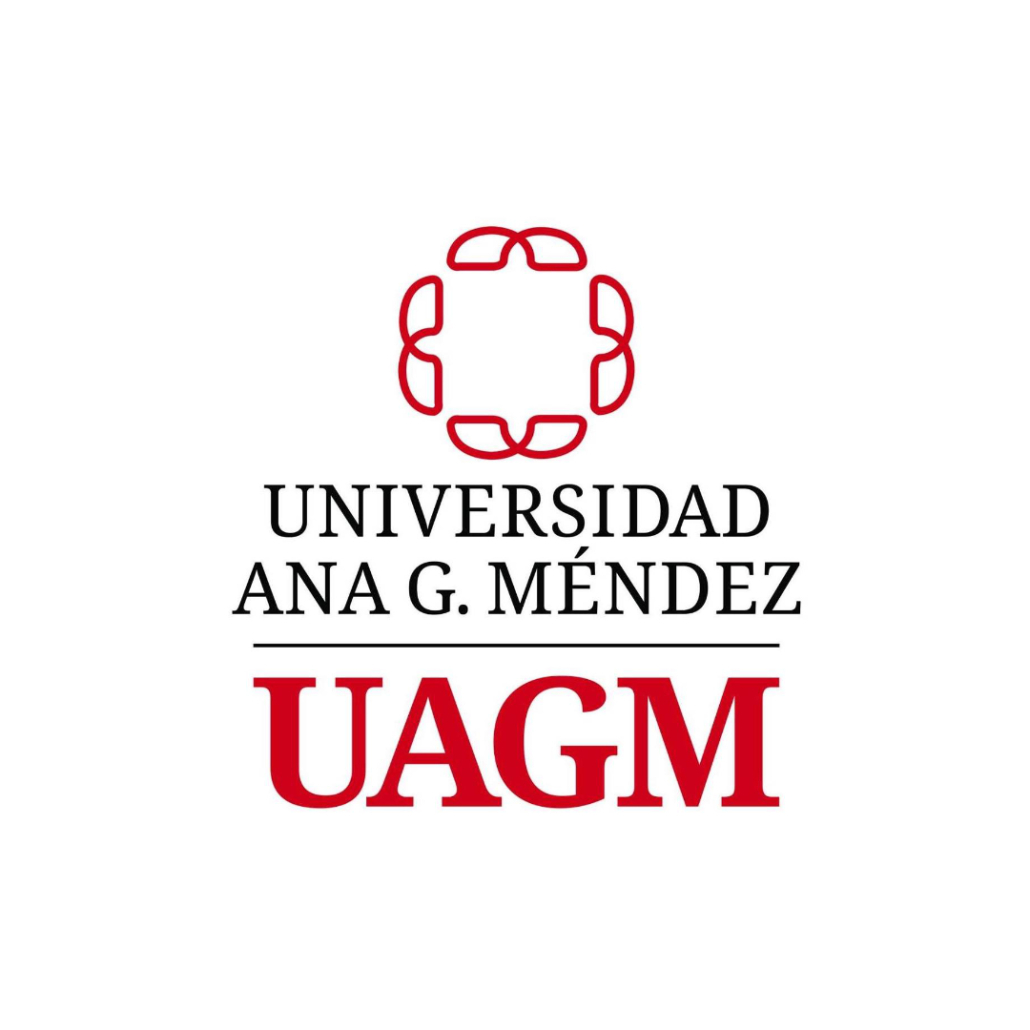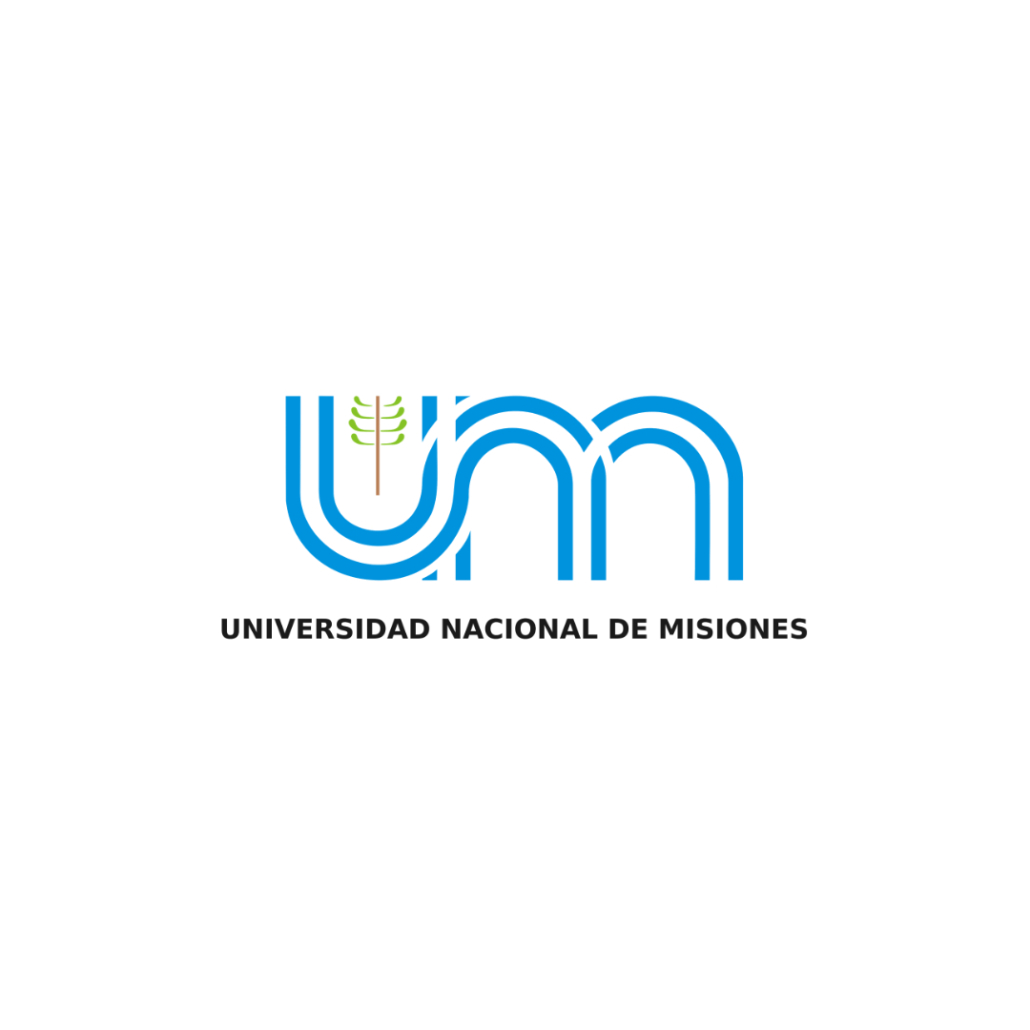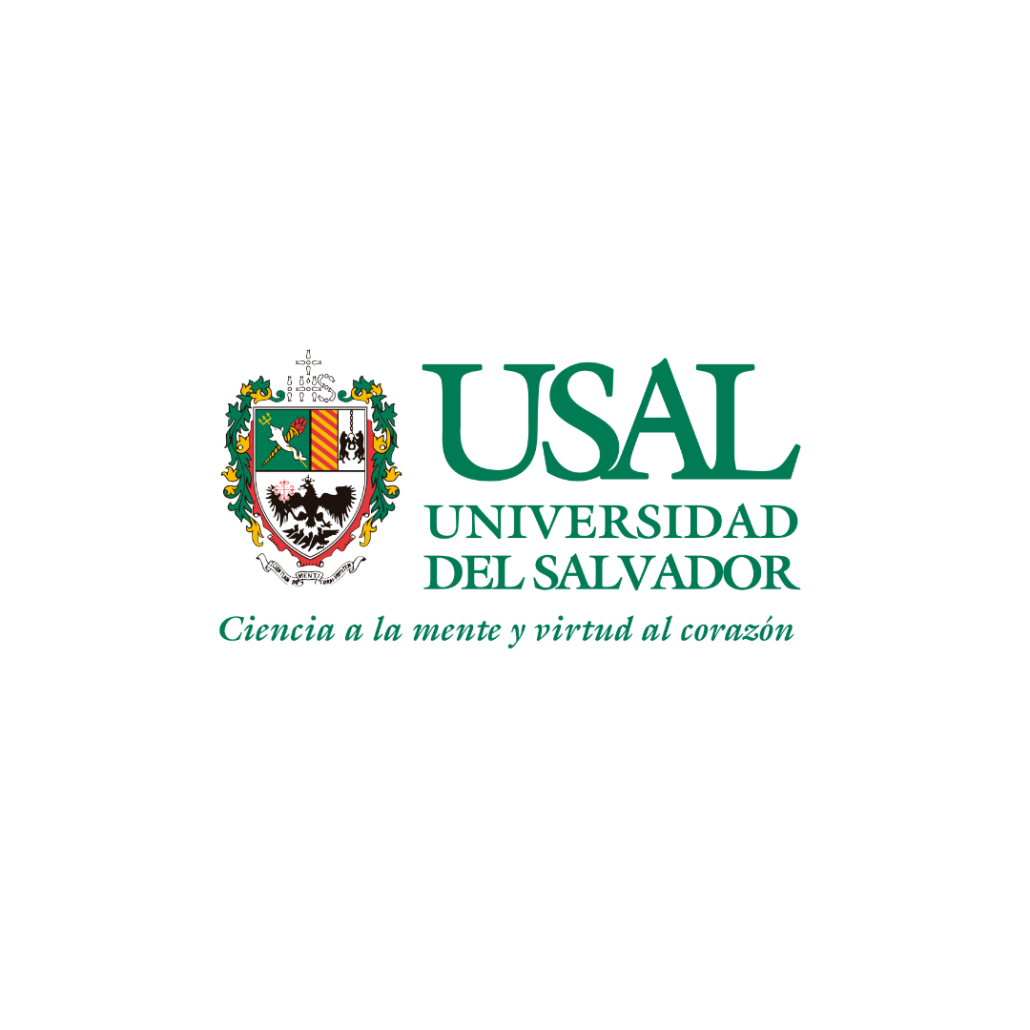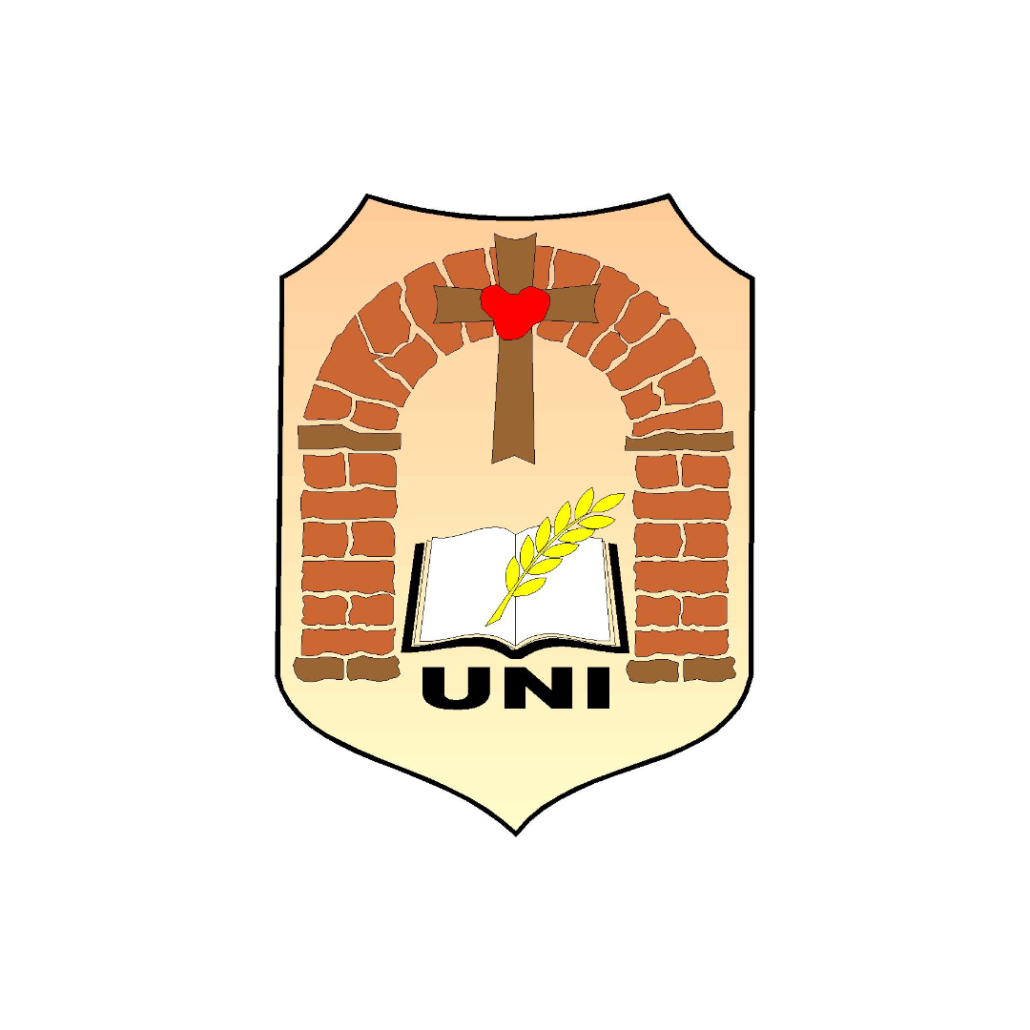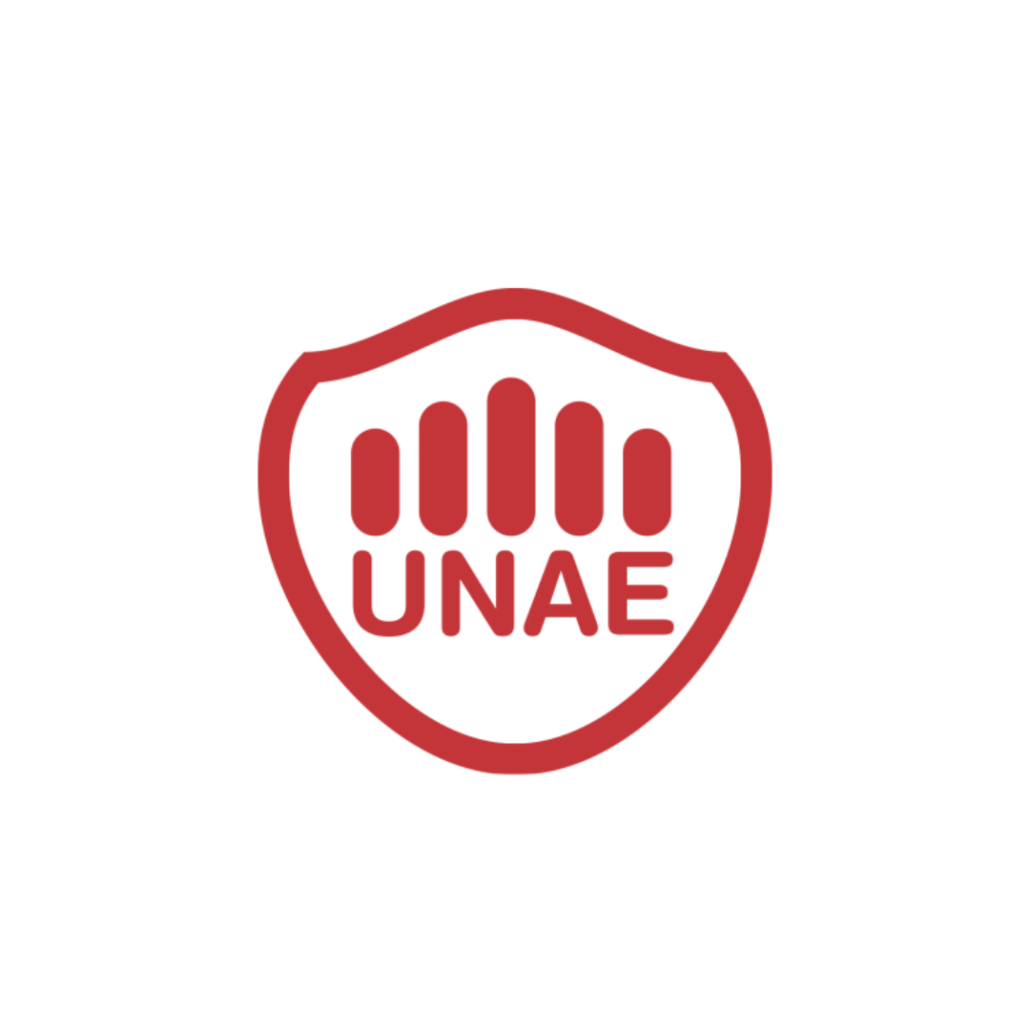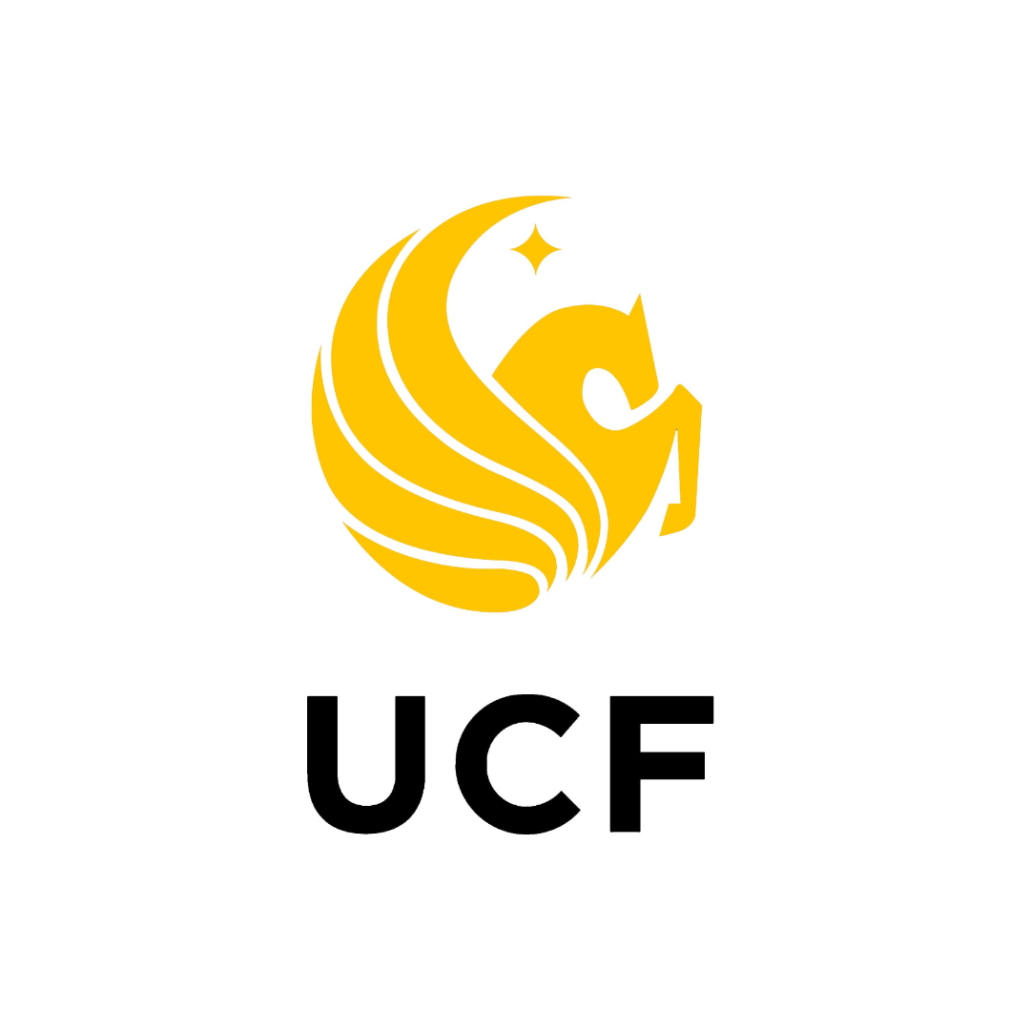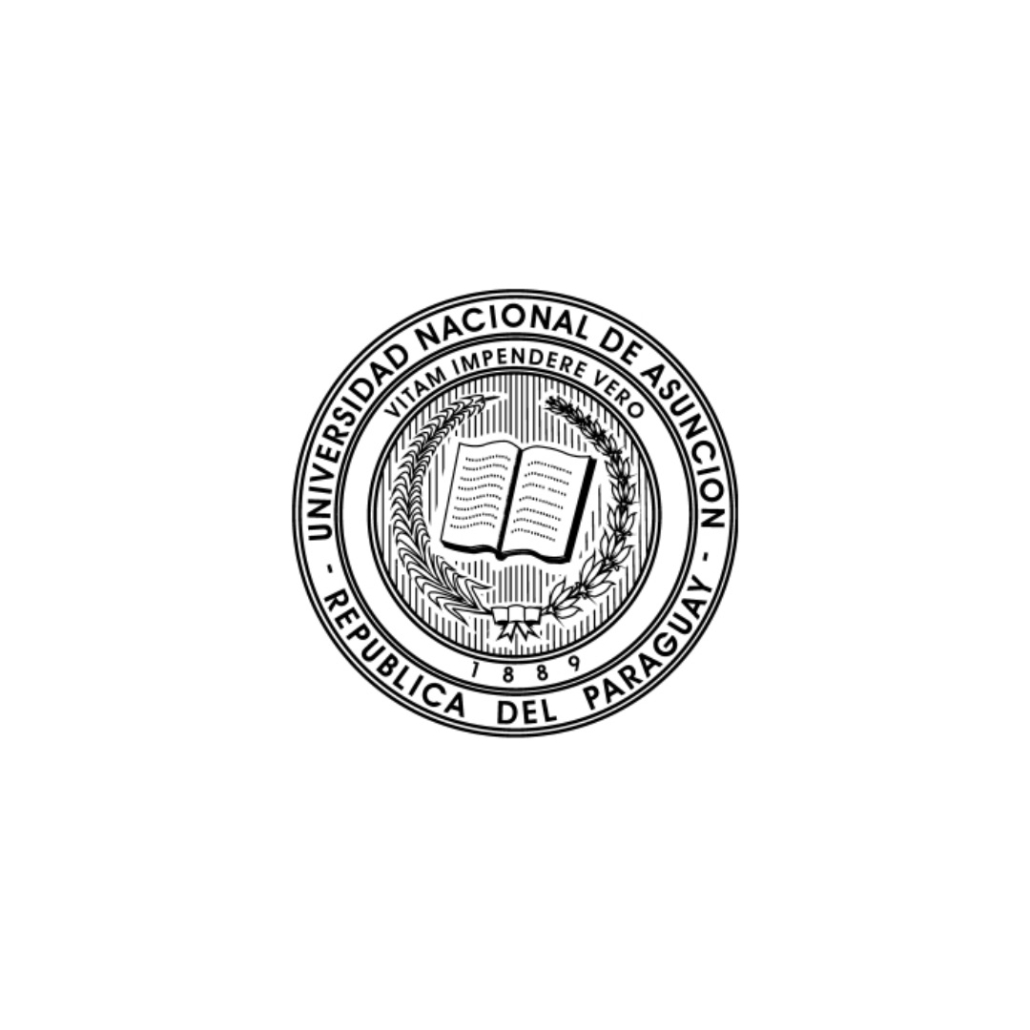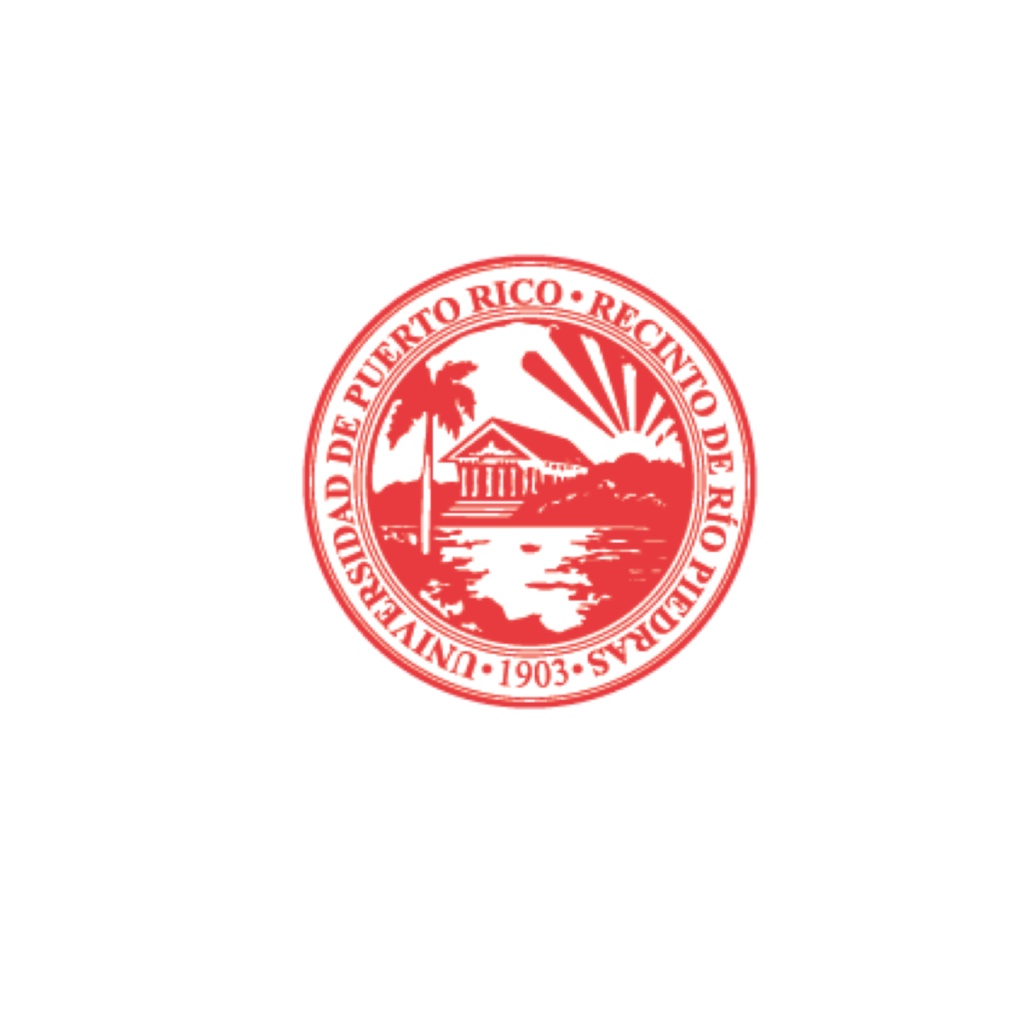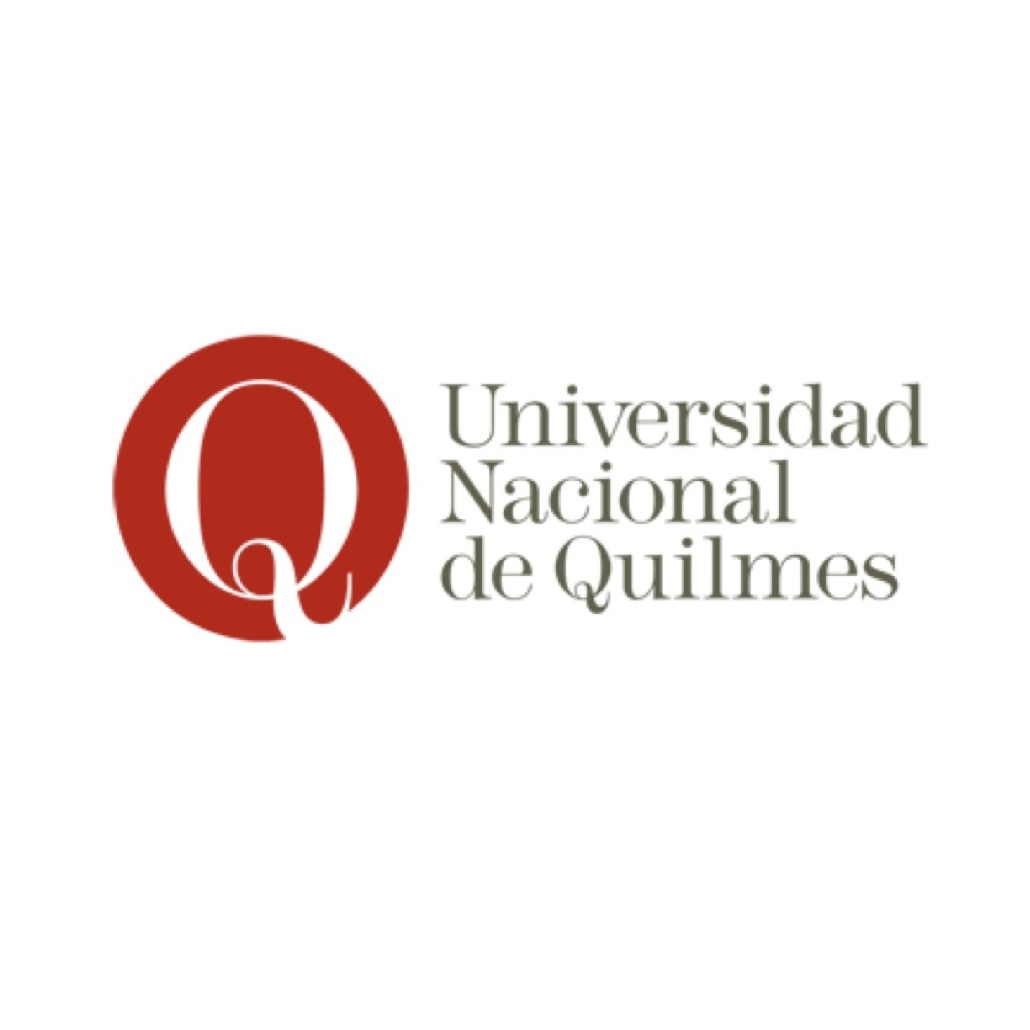Jesufina, the Drug «Mule»: Story of a Reportage about the Human. Or the Imperfections of Transatlantism
Keywords:
Journalism, Reportage, Gender Issues, Transatlantism, Female CriminalityAbstract
Through transatlantic triangulation (Africa-America-Europe) of a woman convicted of drug trafficking, we address the issue of emigration, gender issues crime and journalism. Jesufina was pregnant with her third daughte when she traveled from Cape Verde to Brazil to stock up on the «packages» of cocaine she would be paid to transport. The mule, as women who carry and bring drugs in small amounts are known, was picked up at the airport. She will never return home. Nor to the minor children he left in Cape Verde. Sentenced to little less than five years in prison, she has the baby as a prisoner in the Tires Prison. This woman from Cabo Verde is just one of about 200 foreigners who inhabit the Portuguese seclusion system. In Portuguese prisons, these women represent 18 percent of those convicted. Most have children, and many live with them in prison. Drug trafficking is the main cause of detention of foreign women in Portugal. They come mostly from Portuguese-speaking countries such as Brazil or Cape Verde (although also from Colombia or Romania). They represent the wrong motive for the closeness that sharing of the same language can mean. The poet Rudyard Kipling wrote: «All good people agree/And all good people say/All nice people, like Us, Are Us/And All Others Are They:/But if we cross the Sea,/Instead of…/You can end up (think of it) to seem We/Like just some kind of They!». If any stranger is seen as ‘He’, a stranger who has committed a crime, is black, is a woman and is pregnant, has everything against her. But Transatlantism is also made of these realities, with which there is much to learn. About Us and Others. Or just about the Others who are also Us
Downloads
Metrics
References
Aebi, F. M., Berger-Kolopp, L., Burkhardt, C. e Tiago, M. M. (2018): «Prisons in Europe — Portugal, country profile». Council of Europe: http://wp.unil.ch/space/ files/2018/12/Portugal.pdf
Aebi, F. M. e Tiago, M. M. (2019): «Prisons and Prisoners in Europe 2018: Key Findings of SPACE I report». Council of Europe Annual Penal Statistics https://www.researchgate.net/profile/Melanie_M_ Tiago/publication/326266096_Council_of_Euro pe_Annual_Penal_Statistics_SPACE_I_Survey_2016/ links/5b433f27a6fdccbcf90e1278/Council-of-Euro pe-Annual-Penal-Statistics-SPACE-I-Survey-2016. pdf?origin=publication_detail
Cunha, M. I. (2002): Entre o Bairro e a Prisão: Tráfico e Trajectos. Lisboa: Fim de Século.
Enos, S. (2009): Mothering from the inside — Parenting in a Women’s Prison. New York: State University of New York Press.
Fonseca, C. R. (2010). Crime e Castigo — As mulheres na prisão. Coimbra: Almedina.
Glaze, L. E. e Maruschak, L. M. (2008): «Parents in Prison and Their Minor Children». Bureau of Justice Statis- tics, US Department of Justice: https://www.bjs.gov/ index.cfm?ty=pbdetail&iid=823
Heidensohn, F. e Silvestri, M. (2012): «Gender and Crime», in The Oxford HandBook of Criminology, pp. 336-369. Oxford: Oxford University Press.
Kapuscinski, Ryszard (2008): The Other. London: Verso.
Madeira, M. (2014): «Os Prisioneiros». Pickle Films.
https://www.youtube.com/watch?v=s6zZwWtUdow
Nery, Isabel (2012): As Prisioneiras — Mães Atrás das Grades. Lisboa: Livros de Seda, Plátano Editora.
—(03/05/2012): «Mão com Mão», Visão.
—(05/07/2012): «Crianças Atrás das Grades», Visão.
—(12/04/2013): «O Caminho para a Liberdade», Visão.
—(2014): «A Liberdade ou o Amor. Mães Presas: Que Opções
para os Filhos», Paulino, M. e Matias, M. (2014): O Superior Interesse da Criança No Processo de Adoção: Realidades, Desafios e Mudanças. Lisboa: Prime Books.
Swavola, E., Riley, K. e Subramanian, R. (2016): Overlooked: Women and Jails in an Era of Reform. New York: Vera Institute of Justice.
Torres, A., Maciel, D., Sousa, I. e Cruz, R. (2009): Drogas e Prisões: Portugal 2001-2007. Lisboa: Instituto da Droga e da Toxicodependência.
Downloads
Published
How to Cite
Issue
Section
License
Copyright (c) 2024 TSN. Transatlantic Studies Network

This work is licensed under a Creative Commons Attribution-NonCommercial-ShareAlike 4.0 International License.

